(CLO) South Africa's new land reform policy is causing controversy as the country passed the Expropriation Act, allowing land to be seized without compensation.
US President Donald Trump has criticised the law, saying it would lead to the seizure of white-owned farms, while South Africa has dismissed the claim as "misinformation".
Under the Expropriation Bill, in certain circumstances the South African Government may offer “no compensation” for property when land is expropriated in the public interest.
Mr Trump accused the South African government of confiscating land and "treating certain classes of people very badly" and vowed to cut off all future funding.
South Africa has denied these allegations, with Foreign Affairs Minister Ronald Lamola stating that "there is no arbitrary expropriation of private land/property" under South Africa's new land reform laws.
Land ownership in South Africa remains a legacy of apartheid, with most agricultural land still owned by whites, three decades after the end of the regime.
Some Afrikaner farmers fear the new law could see them lose their land, as happened in Zimbabwe in the early 2000s. The Democratic Alliance (DA) party has filed a court case to quash the law, arguing that it violates the South African constitution.
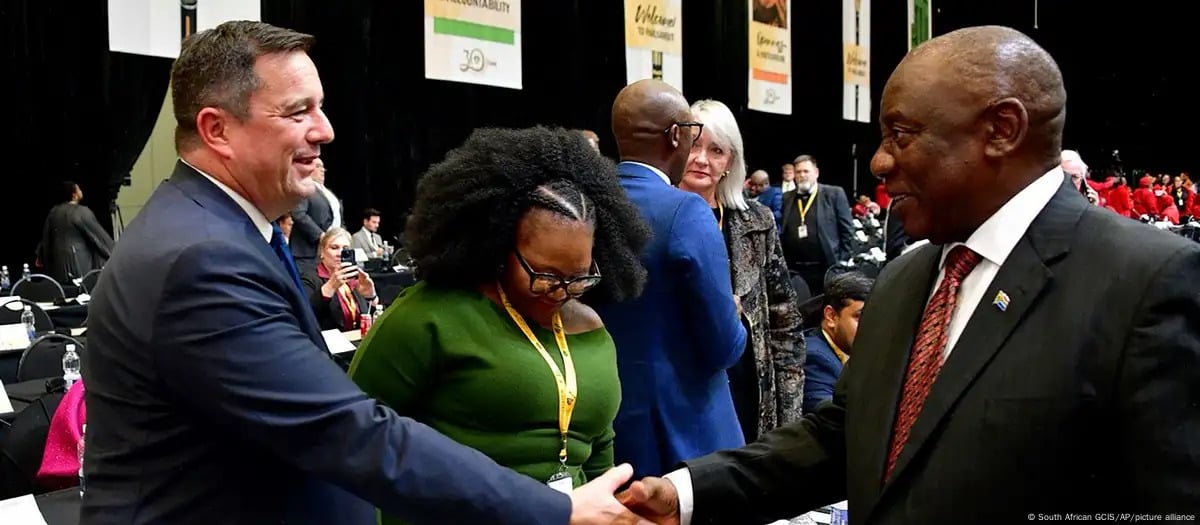
South African President Cyril Ramaphosa (right) shakes hands with DA leader John Steenhuisen. Photo: GCIS
Diplomatic tensions escalated when the White House announced it would suspend aid to South Africa. Some experts believe that US President Donald Trump's decision may have been influenced by Elon Musk, who has accused the South African government of having "racist property laws" and even promoted conspiracy theories that white people in South Africa are being oppressed.
Julius Malema, leader of the opposition Economic Freedom Fighters (EFF), is a strong advocate of land reform. He became the target of criticism when Musk called for an international arrest warrant for him for supporting land seizures without compensation. Malema responded that he was fighting for the rights of black South Africans.
South African government spokesman Crispin Phiri insisted the new law was not a land confiscation, but was similar to land ownership regulations.
Mr Trump continued to stir up controversy by demanding that the US government prioritize the admission of Afrikaners from South Africa into its humanitarian refugee program. This led to tens of thousands of migration requests pouring into the South African Chamber of Commerce in the US, disrupting its system. However, many Afrikaner groups such as Afri-Forum and the Orania Movement still insist that they do not want to leave their homeland and are looking to the US for support right here in South Africa.
South Africa's foreign ministry has criticised Mr Trump's policy as "inaccurate and a failure to recognise the history of colonialism and apartheid". South Africa also said it was "ironic" that the US was accepting asylum seekers from Afrikaner but rejecting many from other crisis areas around the world.
Tensions continued to escalate when US Secretary of State Marco Rubio announced that he would skip the talks at the G20 summit in Johannesburg on February 20-21, citing South Africa's "anti-American agenda". This move contrasted with the stance of the European Union, with European Council President Antonio Costa contacting South African President Cyril Ramaphosa to express support ahead of the summit.
Ngoc Anh (according to DW, Jurist)
Source: https://www.congluan.vn/chinh-sach-cai-cach-ruong-dat-o-nam-phi-la-gi-ma-khien-my-phan-doi-post334124.html


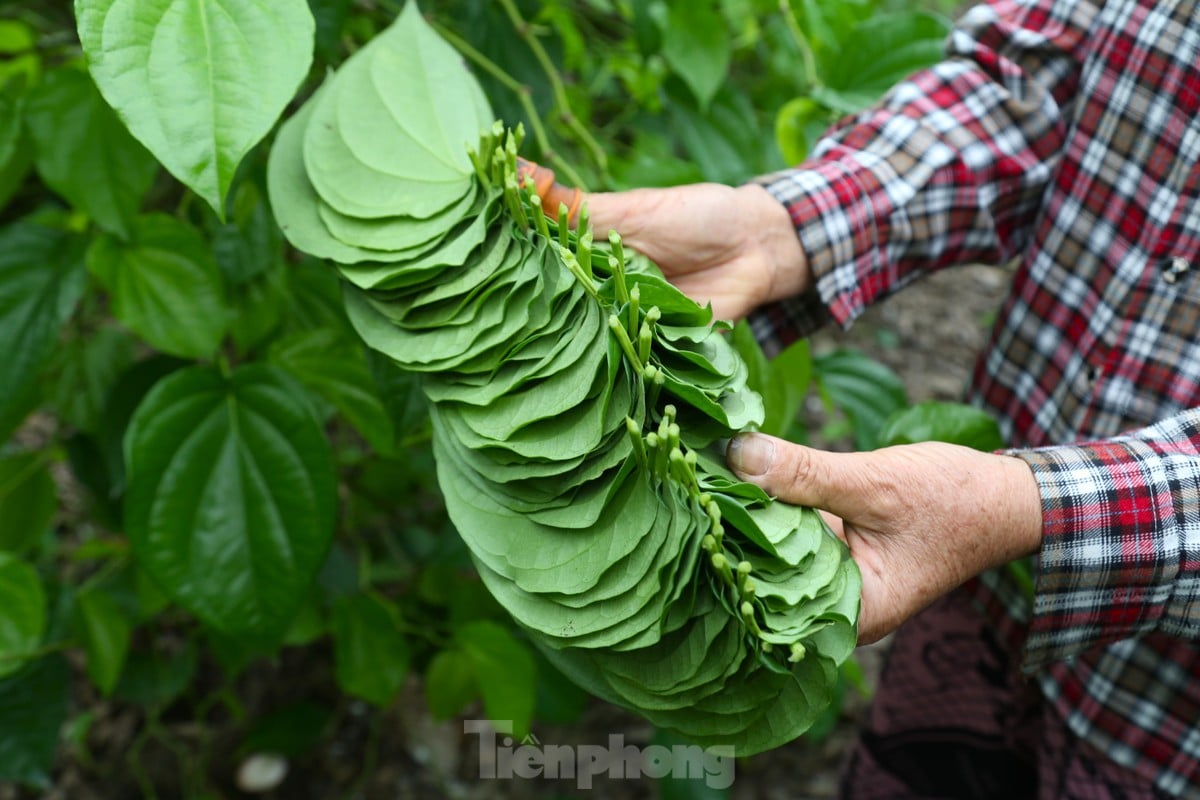

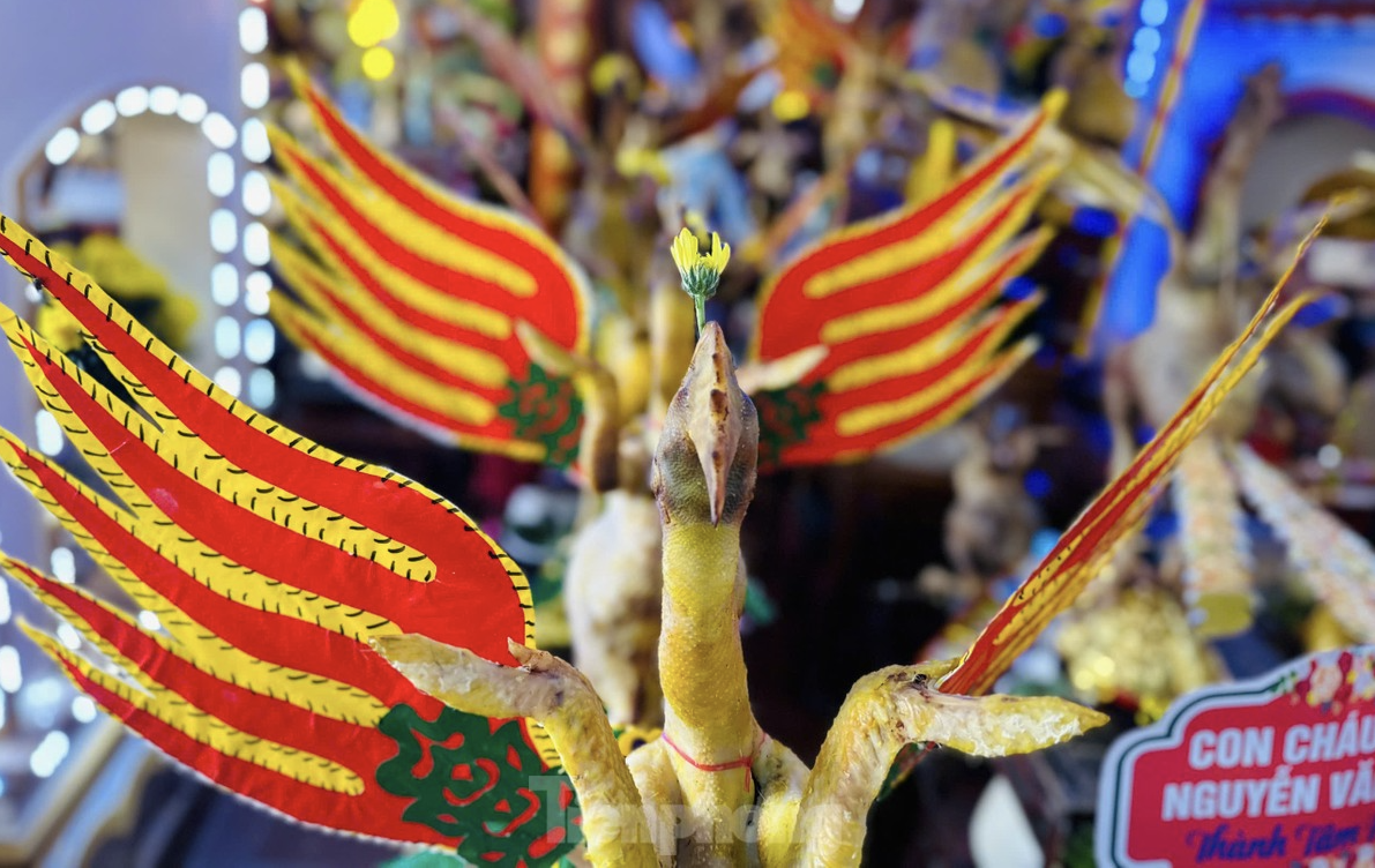
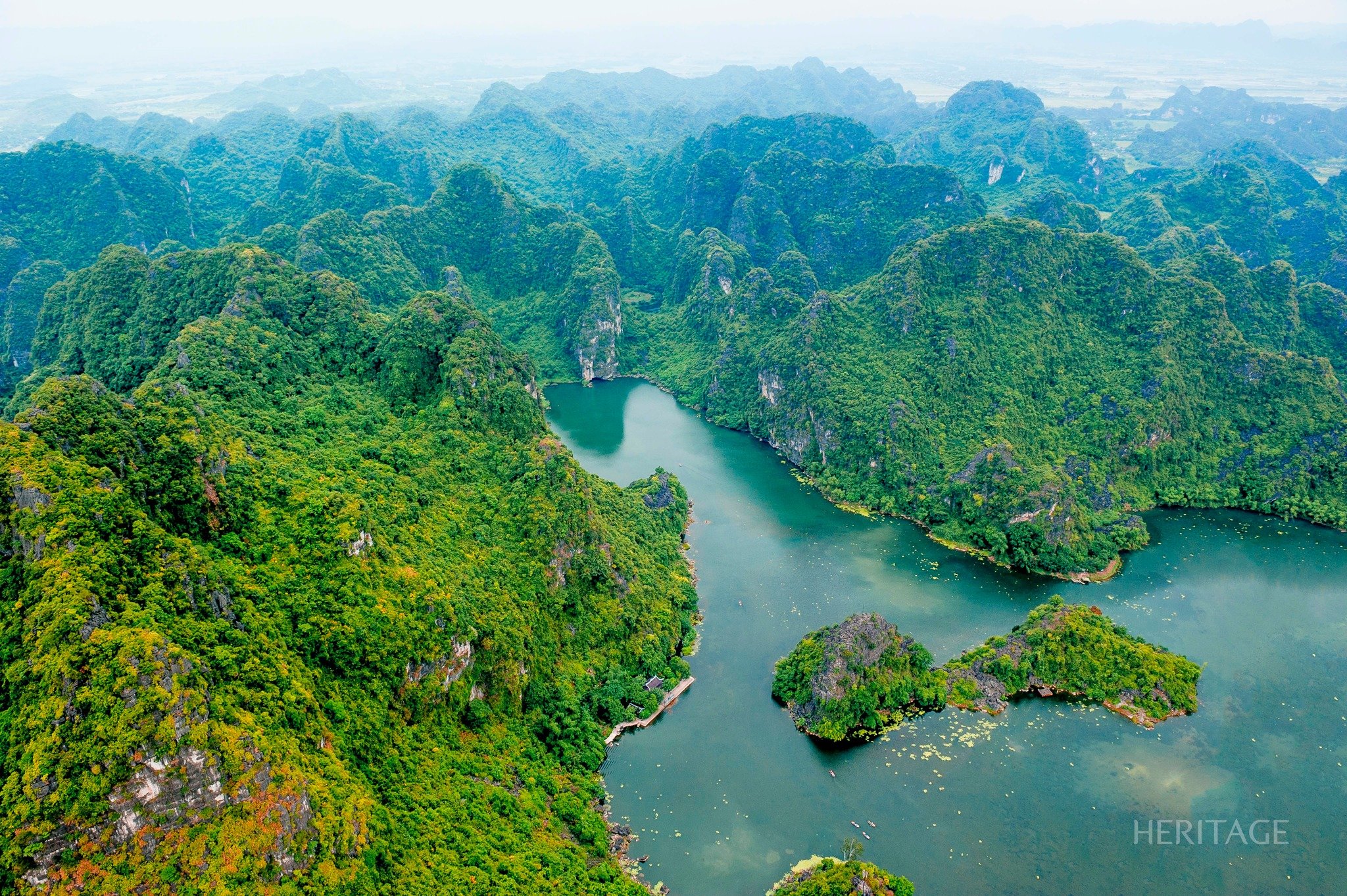

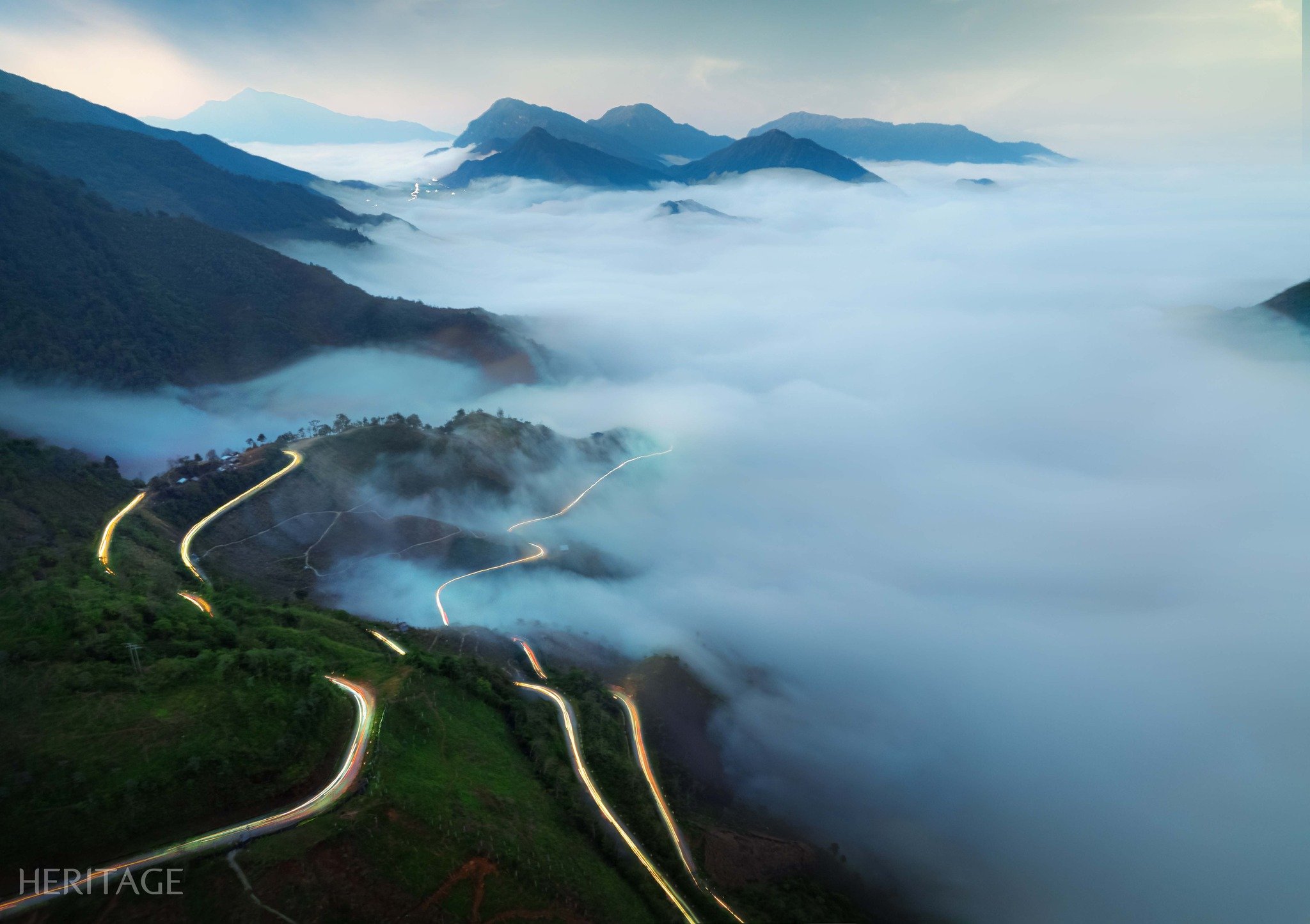
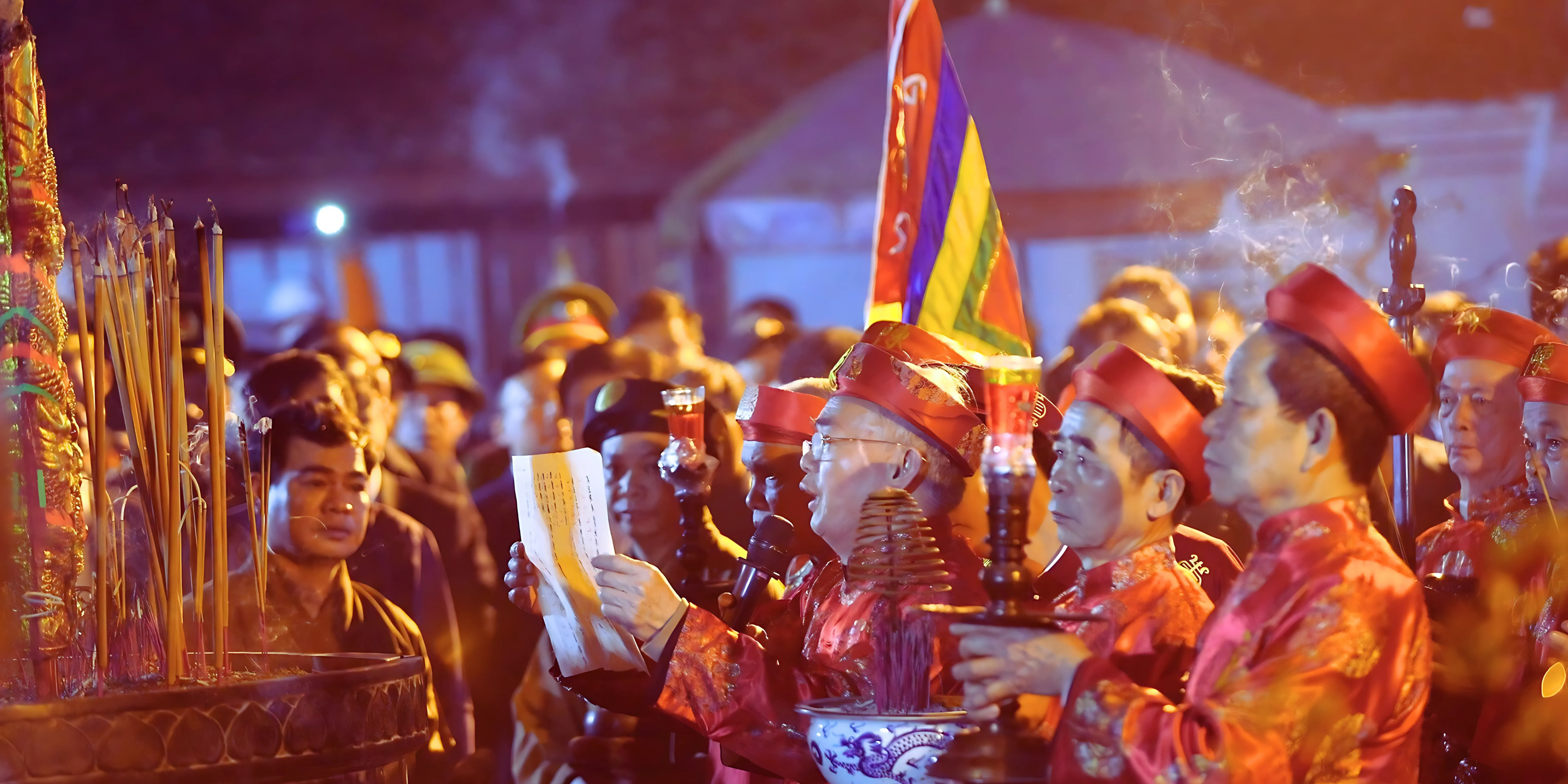
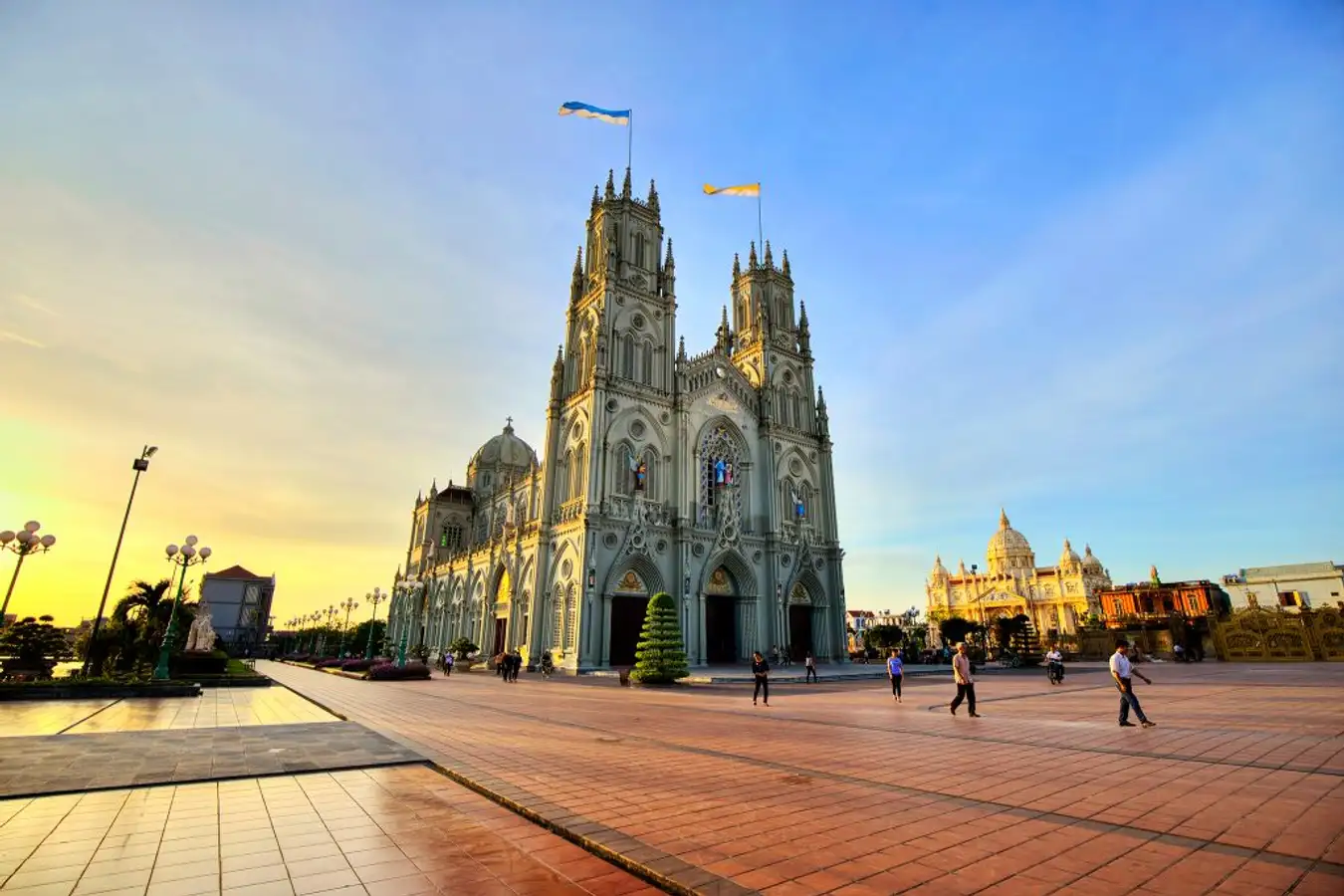





















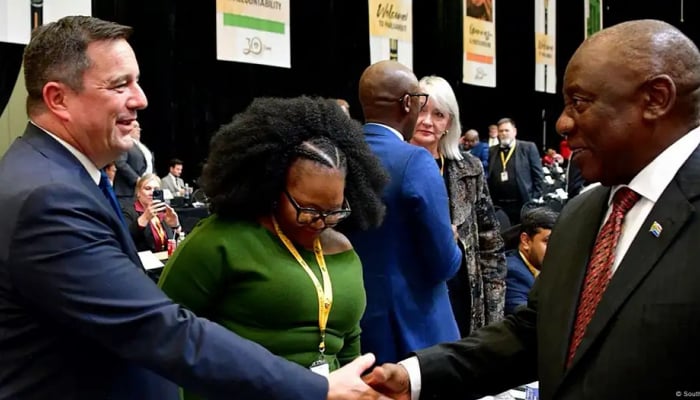




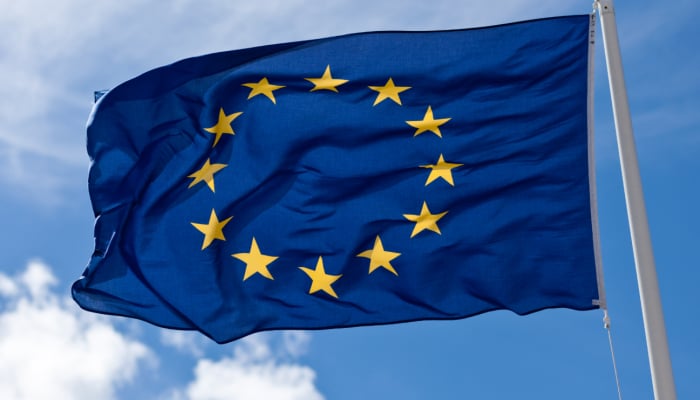
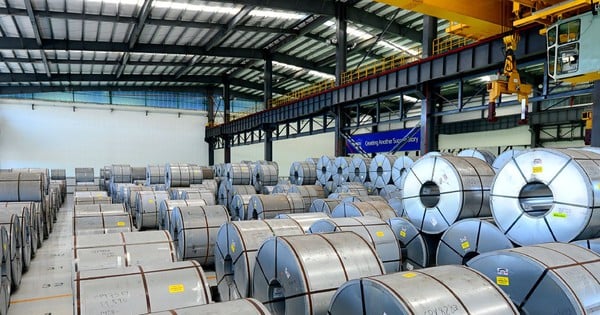

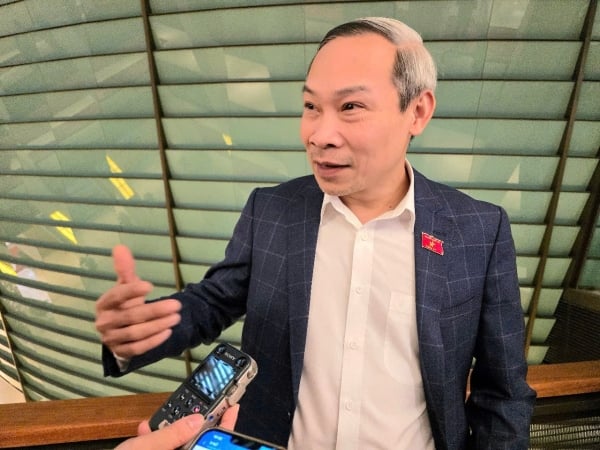

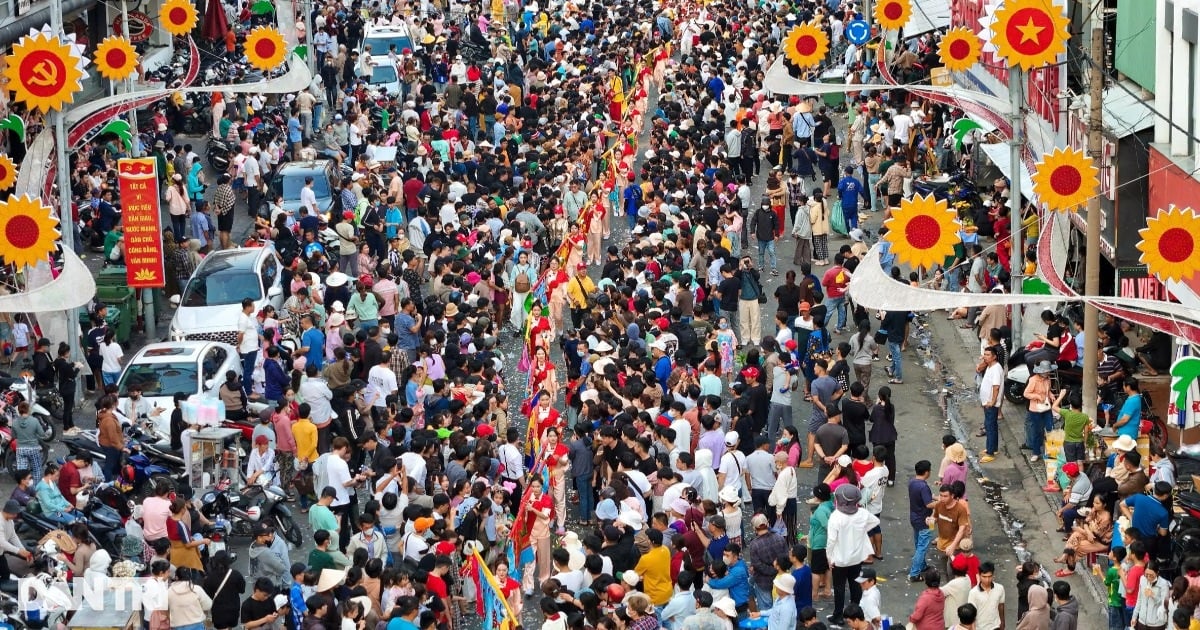

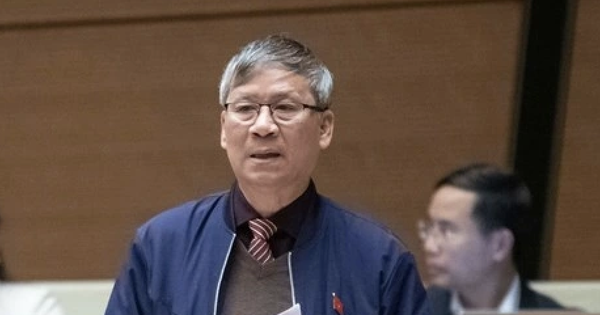



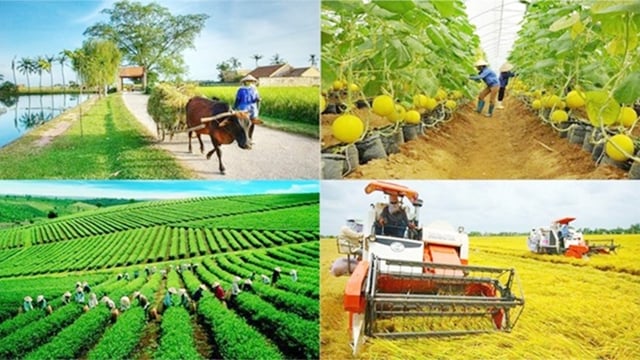


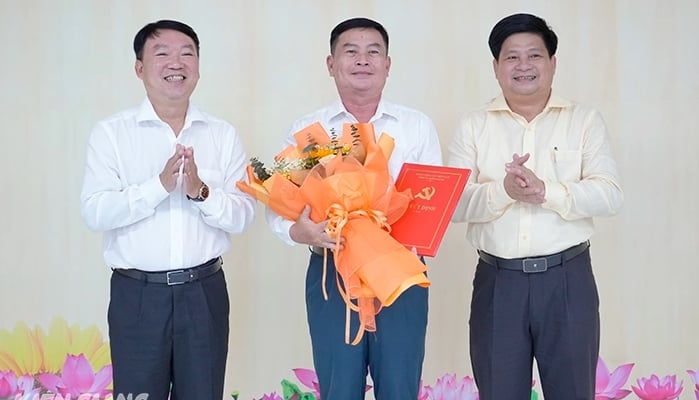
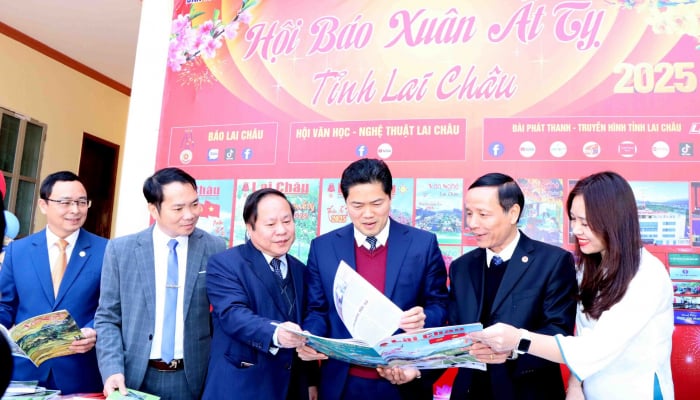
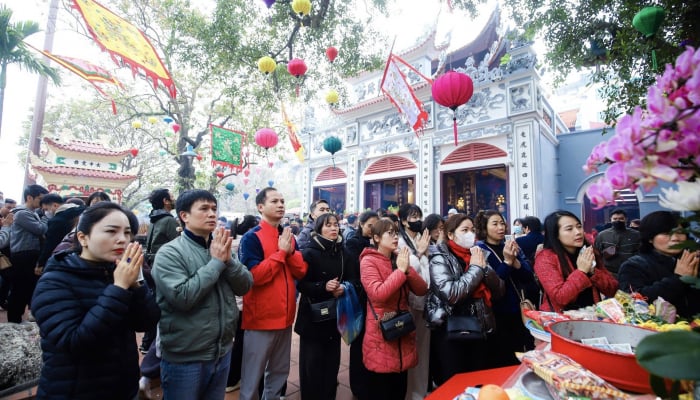
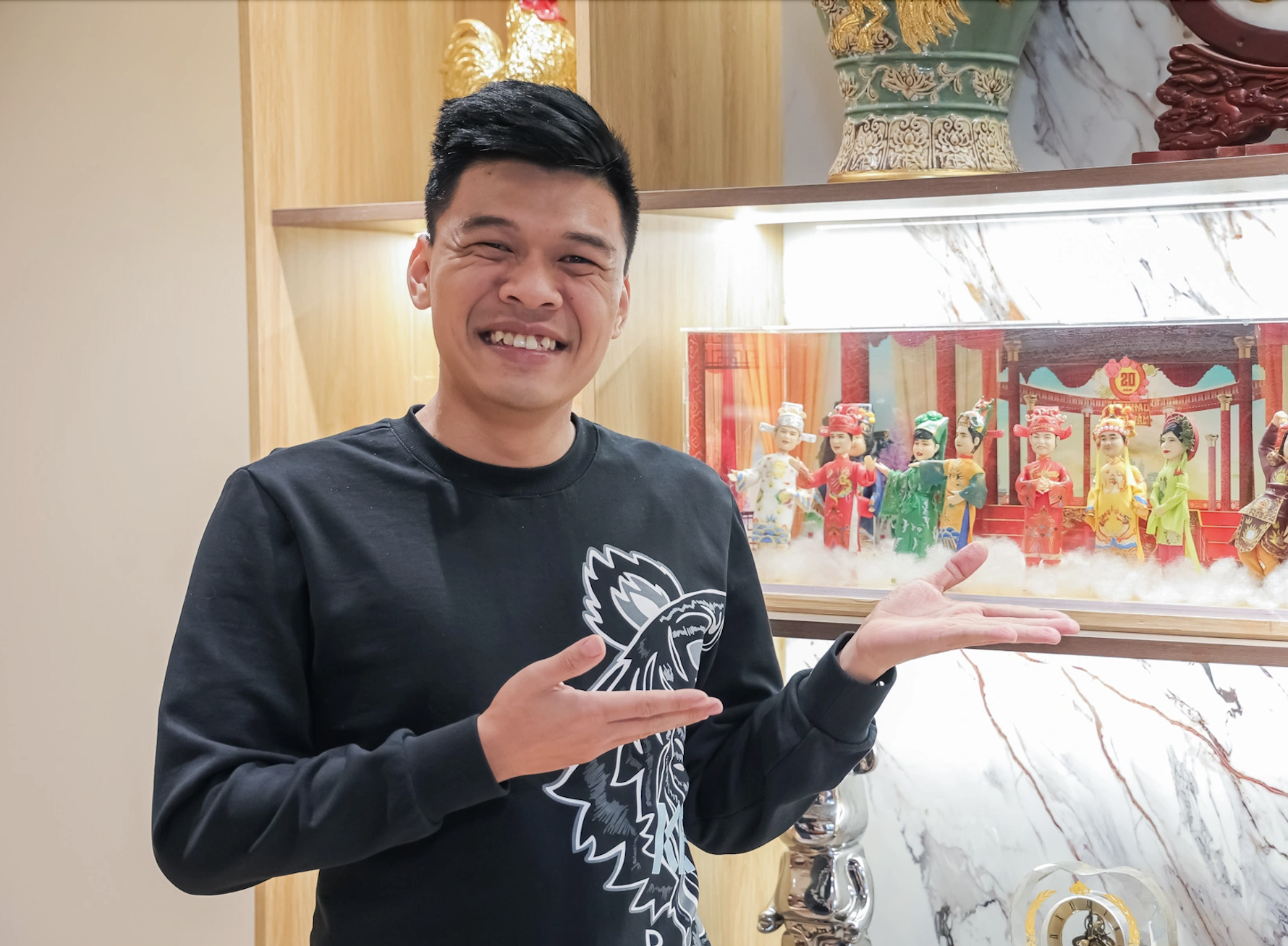
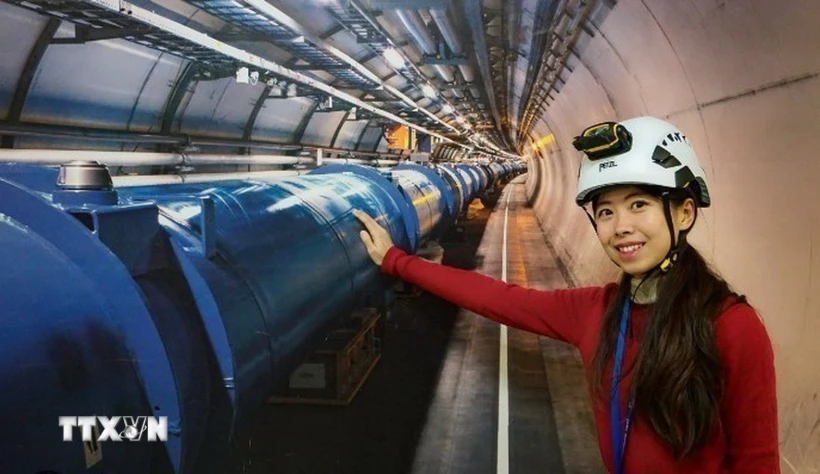



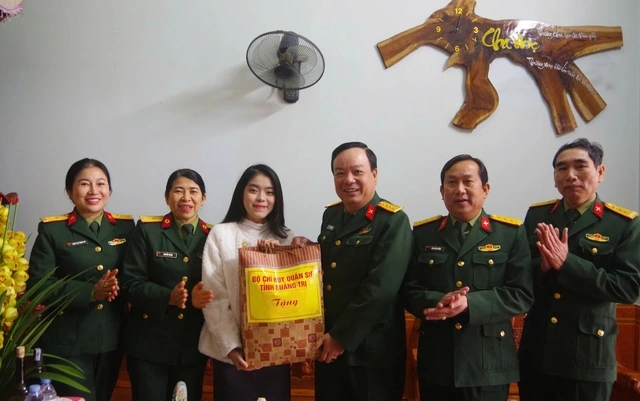

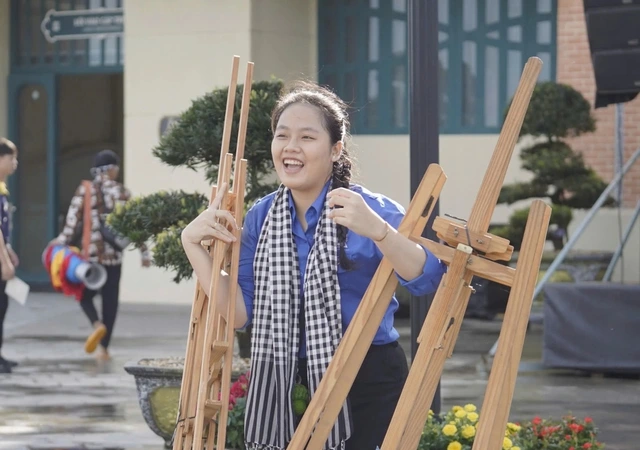




Comment (0)